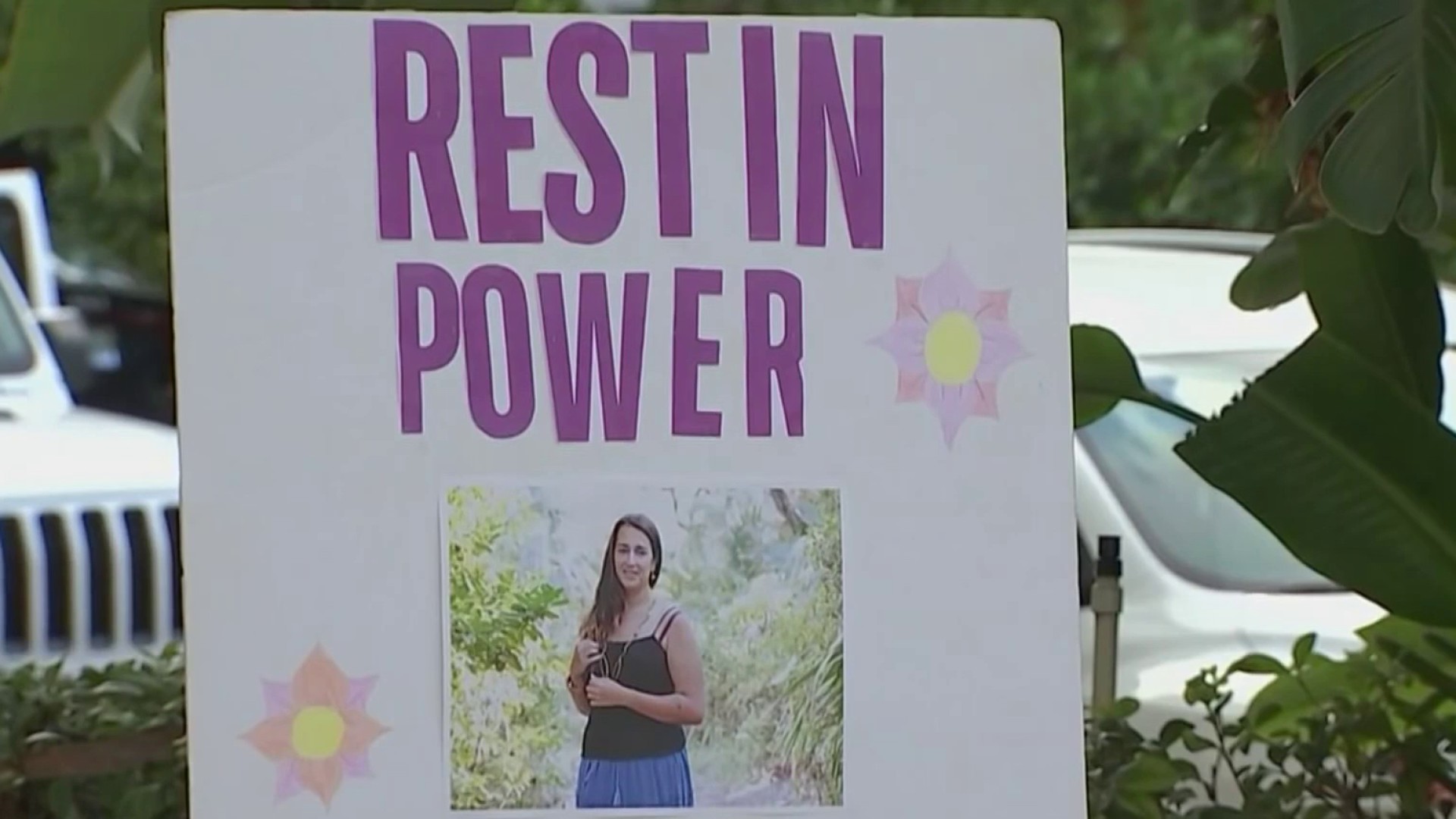The head of Miami-Dade's teachers' union reacted Tuesday to Florida Gov. Ron DeSantis' education proposal that includes restricting union activity.
DeSantis took on teacher unions across the state as part of his education agenda that he spelled out in Jacksonville Monday. He emphasized more transparency is needed when it comes to the state’s teacher unions.
"For a governor to tout education, but it is a backhanded tout because he is really destroying it by taking away courses, by underfunding and defunding public education," said Karla Hernandez-Mats, the president of the United Teachers of Dade.
Get South Florida local news, weather forecasts and entertainment stories to your inbox. Sign up for NBC South Florida newsletters.
DeSantis' proposal for politics when it comes to public education includes reducing term limits for school board members from 12 years to eight and making those school board elections partisan races. Currently, board members do not declare a party affiliation.
On the union front, the governor proposed no union business or fliers be permitted on public school property, no more deducting union dues from a teacher's paycheck, and that union execs can't be paid more than the highest-paid union member.
Desantis noted some union salaries, some well above $100,000, are also well above the average teacher base salary, set to rise in Florida to about $48,000
Local
"That is one of his talking points, first of all, this is a private entity, it is not based on taxpayer dollars," Hernandez-Mats said. "And what he should be talking about is how do we get all teachers to make adequate salaries?"
Miami-Dade Republican state Rep. Tom Fabricio is also looking for some space between unions and schoolhouses.
"If they’re not doing anything that’s affected by this potential legislation, then they are not going to be affected by it," he said. "But the idea is that the schools — the actual schoolhouses — those buildings, those facilities during school hours are meant to educate kids, and that is what is supposed to be going on, they’re not union organizing."
These proposals will likely be debated and voted on in the next legislative session in March.



